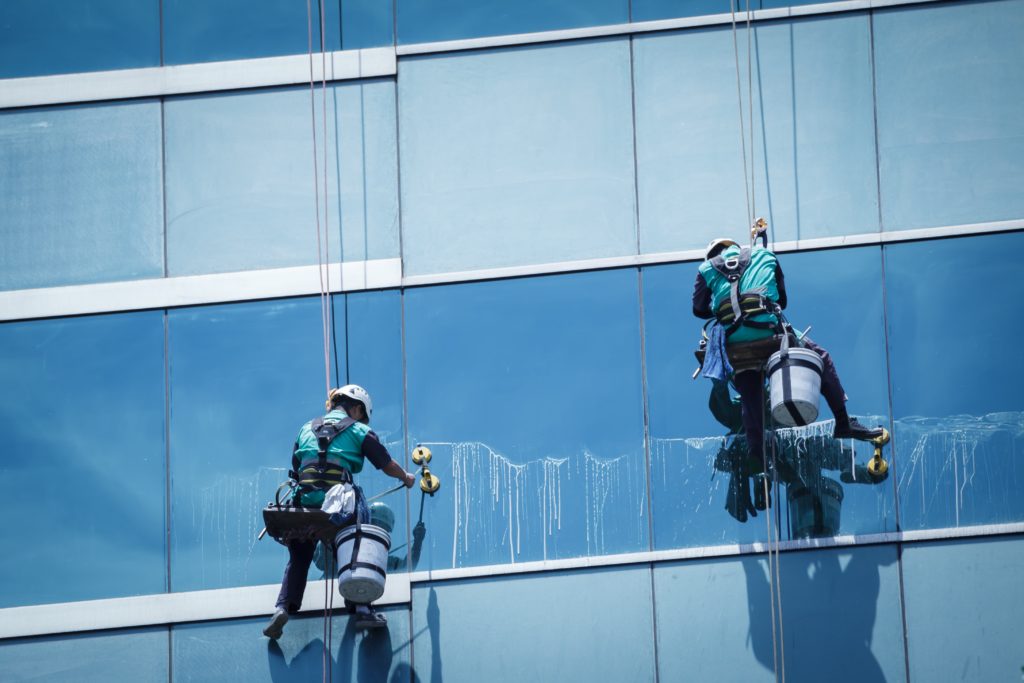Like any tradesmen, you want to get onsite, finish the job, and get paid, simple as that. Your insurance shouldn’t be complicated either. If you work with glass, you already know the risks. Sharp edges, heavy expensive panels, working at heights, rushing to finish installs before a site closes for the day. Mistakes cost time, reputation, and money. Insurance is often seen as a necessary evil, we receive calls every day from all trades across Australia as most builders, councils, and site managers won’t let you on site without proof of insurance. Public Liability is often the bare minimum, with it becoming more common to include personal injury or equipment insurance and you’ll need a Certificate of Currency ready to hand over. Without it, you can lose the job before it even starts. We understand speed is critical here. Insurance is the last thing you want to deal with, always hidden in the fine print of your agreements, but arguably one of the more important items.
At Bluewell, we make it simple. We specialise in all trades insurance, including Glaziers across Australia and know exactly what glaziers need to get compliant and working. Don’t waste time on insurance slang and technical terms, arrange the right cover, and send your documents fast so you can get back to what pays the bills.

